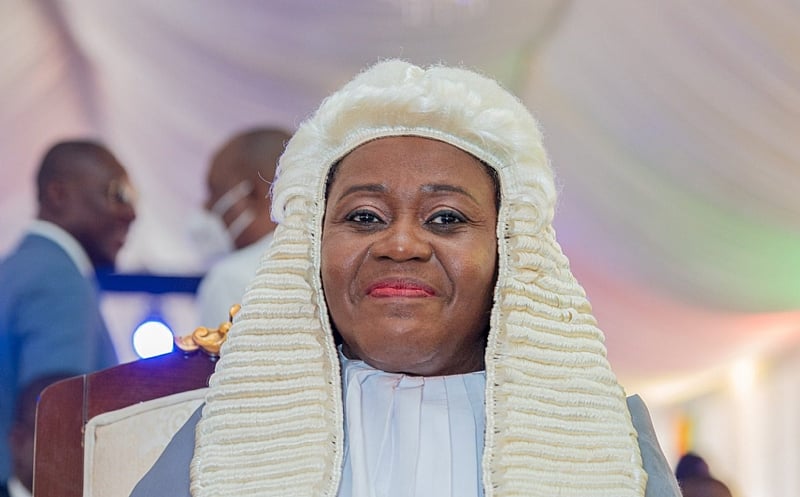The unfolding situation in Ghana, sparked by petitions demanding the removal of the Chief Justice, has ignited a debate about due process, constitutional adherence, and the delicate balance between legal procedures and political influences. The Progressive Alliance for Ghana (PAG) has stepped forward to emphasize the importance of fairness and impartiality in the ongoing investigations, stressing that this is not a partisan issue but a matter of upholding the rule of law. The PAG’s stance underscores the need for all parties, including the ruling NDC and the opposition NPP, to respect the established legal processes and refrain from exploiting the situation for political gain. This call for impartiality reflects a growing national weariness towards perceived political maneuvering around critical national issues.
At the heart of the matter is the PAG’s assertion that the situation, while serious, is primarily administrative and procedural in nature. The organization emphasizes that everyone involved, including the Chief Justice, is entitled to the full protection of due process. This principle of due process, a cornerstone of any just legal system, ensures that all parties receive a fair hearing, are allowed to present their case, and are judged impartially based on the evidence. By emphasizing due process, the PAG seeks to depoliticize the issue and ensure that the outcome is based on legal principles rather than political expediency. This emphasis on procedure aims to prevent the erosion of public trust in the judiciary and maintain the integrity of the legal system.
The PAG unequivocally rejects the politicization of the situation, especially attempts to frame it as a partisan struggle. The organization believes that attempts to align the issue with party politics risk undermining the integrity of both the legal process and the constitution itself. The PAG maintains that the focus should remain on adhering to the constitution, the supreme law of the land. This emphasis on constitutional adherence reinforces the principle that everyone, regardless of political affiliation, is subject to the law. The PAG’s stance reflects a broader concern about the potential for political polarization to erode democratic institutions and principles.
While acknowledging the current constitution as the governing law, the PAG recognizes the need for its comprehensive review. The constitution, enacted in 1992, has been in effect for over three decades, and its implementation has revealed areas that require improvement. The PAG’s call for a review reflects a growing recognition that the constitution, like any legal document, must adapt to changing societal needs and circumstances. This perspective underscores the importance of ongoing constitutional reform as a vital aspect of democratic governance, ensuring that the legal framework remains relevant and effective in addressing contemporary challenges.
The PAG’s call for a constitutional review is not a rejection of the current legal framework but rather a recognition of the need for ongoing improvement and refinement. The organization believes that a thorough review, incorporating the collective wisdom and experience gained over the past decades, will strengthen the constitution and better serve the needs of the Ghanaian people. This forward-looking approach emphasizes the dynamic nature of constitutional law and the importance of adapting to evolving societal values and priorities.
Ultimately, the PAG’s statement is a call for unity and national purpose, urging Ghanaians to transcend partisan politics and prioritize the welfare of the nation. The organization’s motto, “Forward Together,” encapsulates the belief that Ghana’s progress depends on collective effort and a shared commitment to the rule of law and constitutional principles. This emphasis on unity and common purpose underscores the importance of building a future where all citizens, regardless of their political leanings, are united by a common vision for a stronger and more prosperous Ghana. The PAG advocates for a nation guided by truth and justice, where no individual is above the law, and where decisions are made in the best interests of all Ghanaians, present and future. This vision emphasizes the importance of building a sustainable and equitable society, where the rule of law and due process are paramount.














